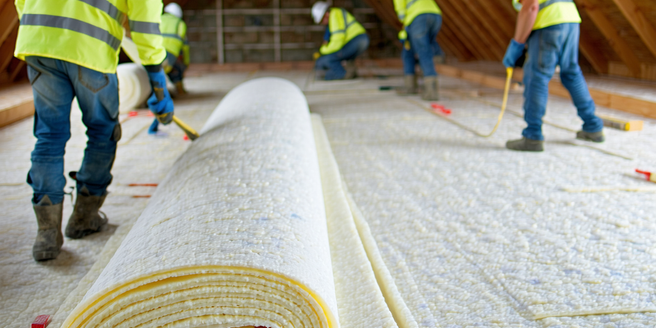Energy-efficient Renovations

Understanding the Importance of Energy Efficiency
Energy efficiency is crucial in reducing carbon footprints and saving on utility bills. Many households contribute to excessive energy usage due to outdated appliances and poor insulation. By improving energy efficiency, individuals can lower their environmental impact and promote sustainability. People are becoming more aware of the positive impact that small changes can have on the environment. Investing in energy-efficient appliances, insulating homes, and minimizing unnecessary energy consumption are all pivotal steps. Beyond the environmental benefits, energy efficiency leads to significant cost savings and enhances the comfort of living spaces. As global energy demands increase, implementing these changes becomes even more important in ensuring a sustainable future.
Evaluating Your Home’s Current Energy Use
To make your home more energy-efficient, begin by evaluating its current energy consumption. Conduct an energy audit to identify areas where energy is being wasted. This can include checking for air leaks, assessing insulation, and examining the efficiency of heating and cooling systems. Replacing old appliances with ENERGY STAR-rated models can also significantly reduce energy usage. Tracking energy bills over time can also provide insights into patterns of excessive usage. Once you understand where your home loses energy, you can target improvements effectively. Prioritizing these upgrades based on potential savings and impact will help streamline your journey toward greater efficiency.
Insulating and Sealing Your Home for Savings
Proper insulation plays a critical role in maintaining a comfortable home environment while reducing energy bills. It is essential to seal gaps and cracks around windows, doors, and other openings to prevent heat loss during winter and retain cool air in summer. Selecting the right type of insulation for attics, walls, and floors can significantly enhance a home’s efficiency. Furthermore, considering the climate and specific needs of your home can guide you in choosing the most suitable insulation materials. Additionally, weather stripping and caulking are effective yet simple measures that ensure tight seals. A well-insulated home not only improves comfort but also saves money by reducing the workload on heating and cooling systems.
Upgrading to Energy-efficient Windows and Doors
Switching to energy-efficient windows and doors can substantially reduce your home’s energy loss. These modern solutions often feature advanced glazing and low-emissivity coatings, designed to minimize heat transfer. In addition to their functional benefits, they also contribute to a more sustainable environment by reducing your carbon footprint. Double or triple-glazed windows provide better insulation compared to traditional single-pane windows. Likewise, doors with proper material and sealing technology prevent drafts and heat escape. Beyond energy savings, these upgrades improve the aesthetics and value of your property. Many homeowners experience reduced utility costs and enhanced comfort after making these changes, proving their long-term value.
Implementing Smart Technology to Reduce Energy Consumption
Smart technology offers numerous advantages for reducing energy consumption in homes. Smart thermostats, for instance, can learn your schedule and adjust temperatures accordingly, optimizing heating and cooling. Smart lighting systems allow you to control lights remotely and schedule them to turn off when not needed. These innovations make it easy for homeowners to manage their energy use efficiently. Additionally, smart power strips can cut off energy to devices that are not in use, eliminating phantom loads. Integrating these technologies not only contributes to a greener lifestyle but also results in considerable cost savings on utility bills.
Choosing Sustainable Heating and Cooling Systems
Opting for sustainable heating and cooling systems is a critical step in enhancing a home’s energy efficiency. High-efficiency furnaces, heat pumps, and solar heating systems utilize less energy while maintaining comfort levels. Geothermal systems, which leverage the earth’s stable temperature, offer an innovative solution for both heating and cooling. With the ever-growing emphasis on reducing carbon footprints, these systems have become more popular among environmentally conscious homeowners. Selecting ENERGY STAR-rated units ensures that systems meet stringent efficiency criteria. Investing in these sustainable technologies leads to lower energy consumption and reduced environmental impact while creating a comfortable living environment year-round.